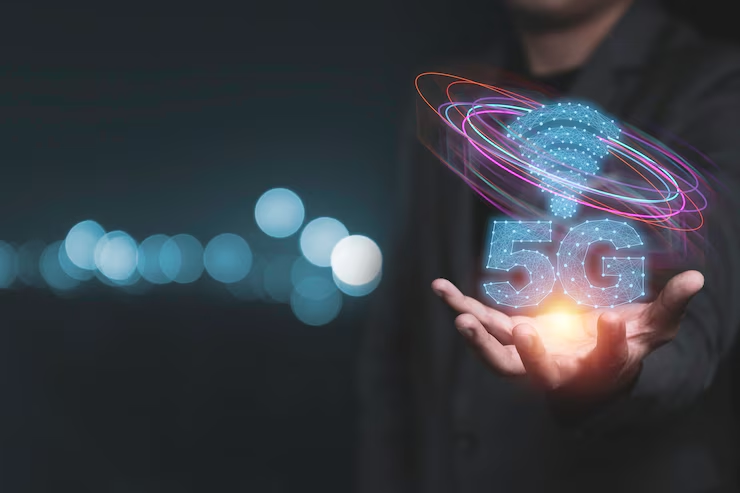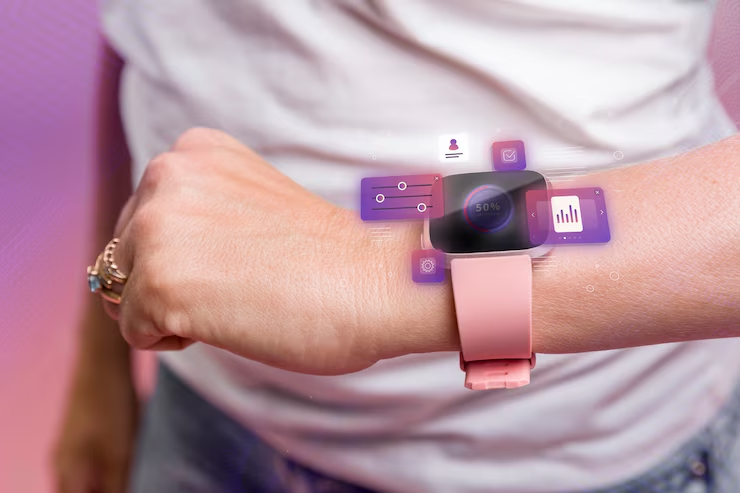Qofib explores the exciting world of 5G Technology Impact on Mobile Applications, where speed, connectivity, and innovation reshape how users interact with apps daily. This shift introduces more responsive user experiences, real-time communication, and completely new app functionalities that were once limited by network capabilities.
5G Technology Impact on Mobile Applications is not a vague future concept. It’s already shaping today’s digital landscape. The ultra-fast connectivity and reduced latency empower developers to rethink app architecture, while users enjoy uninterrupted streaming, quicker downloads, and improved app reliability across different environments. This evolution of mobile tech is a turning point for the global digital economy.
Faster Data Speeds for Enhanced User Experiences
The arrival of 5G brings mobile data speeds that are significantly faster than previous generations. This change affects everything from how quickly an app opens to how fast media loads or syncs. Developers can now design apps that stream high-definition video instantly, support multiplayer gaming with zero lag, and sync data across devices in real-time. This improvement ensures that mobile applications deliver seamless and more enjoyable experiences for users.
Real-Time Applications Take Center Stage
One of the most remarkable benefits from the 5G Technology Impact on Mobile Applications is the rise of real-time app performance. Instant communication through video conferencing, live customer service, and collaborative tools becomes more efficient. Healthcare apps offering remote patient monitoring or emergency communication tools are more accurate and dependable. Real-time app features are no longer luxury add-ons but essential tools in daily life.
Edge Computing Integration for Smarter Apps
5G supports edge computing, allowing data to be processed closer to the source. This capability means mobile applications can perform complex tasks without sending information to distant cloud servers. Whether it’s facial recognition in security apps, or smart assistants processing user commands instantly, edge computing enables apps to think and respond faster. The result is a new standard for speed and intelligence in mobile services.
Revolution in Augmented and Virtual Reality
The 5G Technology Impact on Mobile Applications paves the way for more immersive AR and VR experiences. Applications in gaming, education, shopping, and training benefit from low-latency networks that allow realistic rendering and movement tracking. Users can now engage with virtual content in real time, without buffering or delays. This opens new commercial opportunities for developers and companies aiming to deliver compelling, interactive mobile content.
Expansion of IoT Through Connected Applications
5G enables more simultaneous connections, which boosts the functionality of mobile applications controlling smart devices. Whether it’s managing home automation, tracking fitness, or monitoring industrial equipment, the combination of 5G and IoT brings mobile control to a whole new level. Users interact with multiple connected devices smoothly through apps, making everyday routines more efficient and data-rich.
Improved Security Measures and Network Stability
With greater connectivity also comes a stronger need for mobile security. The 5G environment supports more stable, encrypted, and responsive networks. Applications now integrate advanced user authentication and real-time threat detection. Developers focus on enhancing app security without compromising performance. This means fewer breaches, quicker updates, and stronger privacy standards directly embedded within mobile applications.
FAQs:
Q1. How does 5G improve mobile app performance?
A: 5G allows mobile applications to load faster, handle large data transfers smoothly, and support real-time features without delays or interruptions.
Q2. What types of apps benefit most from 5G technology?
A: Gaming, video streaming, AR/VR, telemedicine, and real-time collaboration apps benefit significantly from faster speeds and reduced latency.
Q3. Can 5G help improve app security?
A: Yes, 5G networks offer better encryption and allow mobile apps to implement real-time threat monitoring and safer authentication processes.
Q4. How does 5G affect app development?
A: Developers can build more powerful, data-intensive applications with real-time capabilities, supported by edge computing and cloud integration.
Q5. Is 5G compatible with all current mobile apps?
A: While many existing apps can run on 5G, full optimization may require updates to utilize its full capabilities, especially in terms of speed and responsiveness.
Conclusion:
5G Technology Impact on Mobile Applications marks a defining moment in the evolution of mobile experiences. With faster connections, smarter app responses, and immersive functionalities, mobile technology reaches new heights.
The future of mobile development belongs to those who embrace 5G and its endless potential. At Qofib, we continue to explore how this digital leap will shape businesses, users, and innovation.




